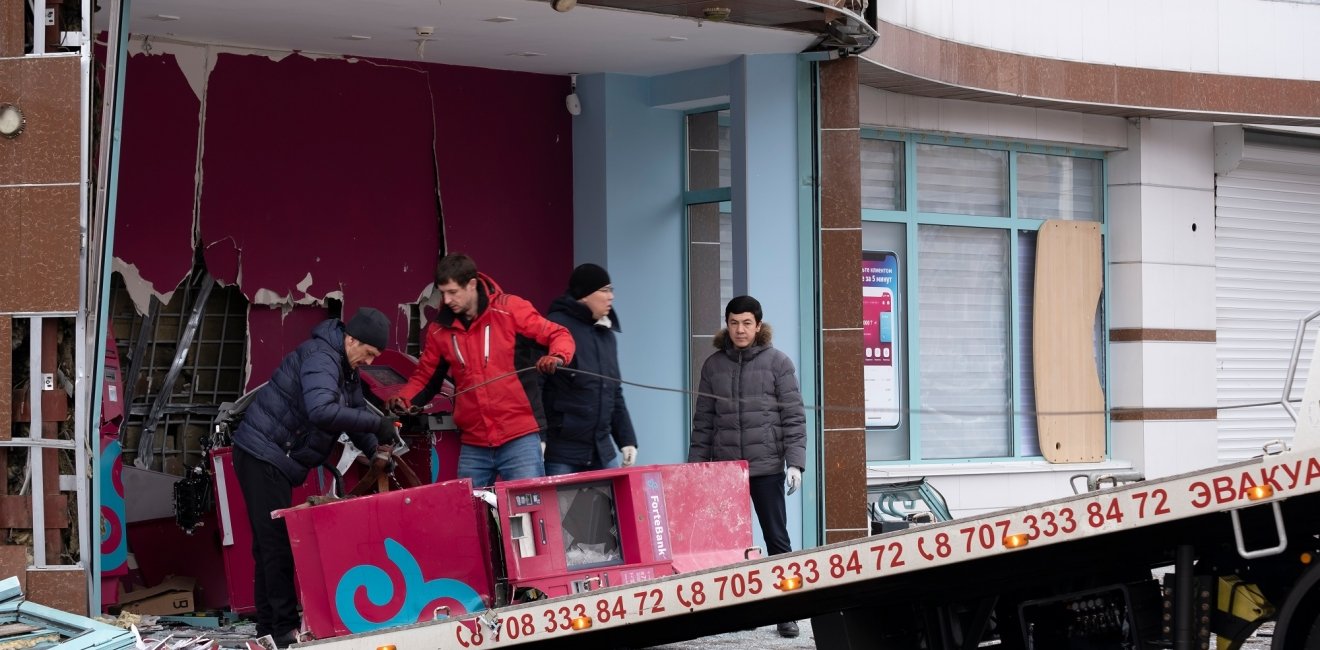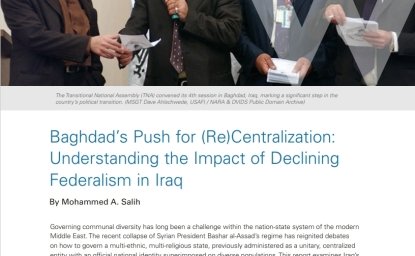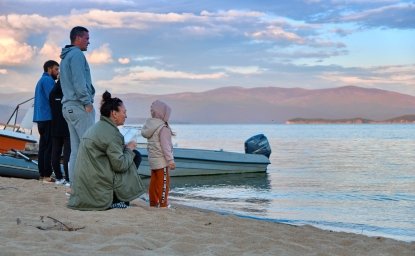In less than a week, Kazakhstan has experienced a dramatic shift in its political leadership and society. Sparked by protests on the price of gas in the country, the government has cracked down on civilian protesters, cut off internet for much of the country, and called in support from the Russian government to handle opposition. The Kennan Institute recently asked several of our experts to weigh in on this developing story.
Explore the Analysis from Our Experts
-
Mehmet Volkan Kasikci, Postdoctoral Researcher, Institute for Advanced Soviet and Post-Soviet Studies, Higher School of Economics
-
Edward Lemon, Global Fellow, Wilson Center; President, Oxus Society for Central Asian Affairs; Research Assistant Professor, The Bush School of Government and Public Service, Texas A&M University
-
Ted Lyng, Senior Diplomatic Fellow, Wilson Center-State Department
-
Amb. (ret.) John O'Keefe, Global Fellow, Wilson Center
-
Joshua Shifrinson, Wilson Fellow; Assistant Professor of International Relations, Pardee School of Global Studies, Boston University
-
Anara Tabyshalieva, Associate Professor, Marshall University
-
Igor Zevelev, Global Fellow, Wilson Center; Professor, MGIMO University
Authors

Postdoctoral Researcher, Institute for Advanced Soviet and Post-Soviet Studies, Higher School of Economics

President, Oxus Society for Central Asian Affairs; Research Assistant Professor, The Bush School of Government and Public Service, Texas A&M University (Washington, D.C. Teaching Site)

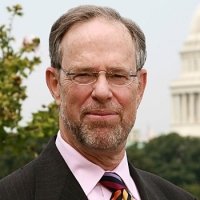
U.S. Ambassador (Ret.) to Kyrgyzstan

Assistant Professor of International Relations, Pardee School of Global Studies, Boston University
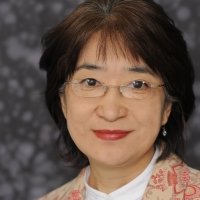
Marshall University

Former Professor at George Marshall European Center for Security Studies; Former Director, MacArthur Foundation, Moscow Office

Kennan Institute
After more than 50 years as a vital part of the Wilson Center legacy, the Kennan Institute has become an independent think tank. You can find the current website for the Kennan Institute at kennaninstitute.org. Please look for future announcements about partnership activities between the Wilson Center and the Kennan Institute at Wilson Center Press Room. The Kennan Institute is the premier US center for advanced research on Eurasia and the oldest and largest regional program at the Woodrow Wilson International Center for Scholars. The Kennan Institute is committed to improving American understanding of Russia, Ukraine, Central Asia, the South Caucasus, and the surrounding region through research and exchange. Read more

